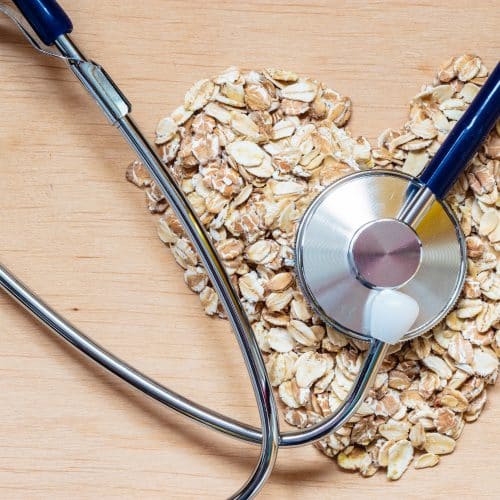Increased Fiber Intake Beneficial for Reducing Heart Attack Risk After Previous Heart Attack
ATLANTA (September 8, 2014) — Increasing your intake of fiber after a heart attack may reduce your risk of a subsequent heart attack, according to a recent study by Li et al.
The study, published in the British Medical Journal, reviewed data from two large studies, the Nurses’ Health Study, which followed 121,700 U.S. female nurses, and the Health Professional Follow-up Study, which followed 51,529 male health professionals. Li et al. examined available food frequency questionnaire data from around 3,500 participants in both studies who had available dietary information for both before and after a heart attack.
After considering other potential factors that could affect heart attack risk, including various dietary and lifestyle factors, the researchers concluded that increased fiber intake after a heart attack reduced the risk of a future heart attack. According to the researchers, “A greater increase in fiber intake was significantly associated with lower all cause and cardiovascular mortality in both sexes. Compared with participants who were in the lowest third of fiber intake in both the pre-MI [myocardial infarction, also known as a heart attack] and post-MI periods, participants in the highest third in both periods had the lowest all-cause mortality:hazard ratio.” Further, the researchers concluded that, “Overall, the benefits for increased fiber intake were strongest for fiber from cereal and grain sources.”
“This study demonstrates one of the many benefits of fiber in the diet,” said Theresa Hedrick, nutritionist for the Calorie Control Council. “Further, this study suggests that increasing dietary fiber can be beneficial for people who are protecting their heart health.”



